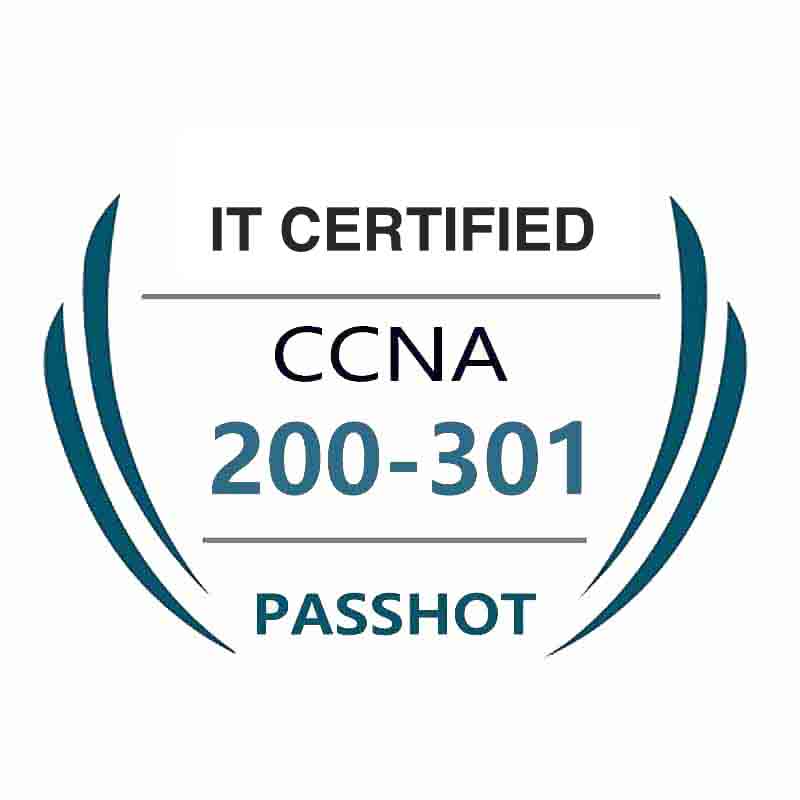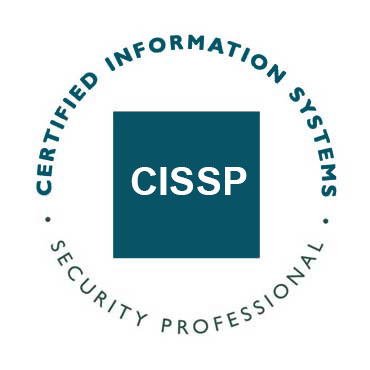100% Pass Cisco, PMP, CISA, CISM, AWS Dumps on SALE!
Get Now
01:59:56
X
Why is the default route be 0.0.0.0?
Default route "0.0.0.0"
First, let ’s make a statement. The default route and default route (Default Route) of all devices on the earth are “0.0.0.0”. The device here refers to any host, virtual host, router, switch, firewall. Therefore, there is no problem if the default route of the subject is "0.0.0.0". Here may be surprised that the subject is "Why is the default gateway empty"? The main problem is to confuse the default route with the default gateway, many people will make such a mistake!

The IP address dynamically obtained on the LAN host is generally like this:
o IP = 10.117.124.149
o Mask = 255.255.255.0
o Default Gateway = 10.117.124.1
The host generally generates three unicast routes (except multicast and broadcast routes):
o 10.117.124.149 255.255.255.255 Ethernet0
o 10.117.124.0 255.255.255.0 Ethernet0
o 0.0.0.0 0.0.0.0 Ethernet0 10.117.124.1 (next-hop)
Default Gateway
The last route is the default route, and the next-hop is 10.117.124.1, which is the default gateway. This means that if the destination IP of the IP packet to be sent does not exactly match the first two routes, the third default route will be used and the IP packet will be sent to the default gateway 10.117.124.1.
This is the usual practice of Ethernet. The reason is that the Ethernet interface type has the characteristics of Broadcast. You must clearly know the IP address of the gateway and dynamically obtain the MAC address of the gateway to send IP packets to the default gateway!
Do all the default routes need to have the next-hop IP address? the answer is negative!
If the type of the interface is point-to-point, it is not required! It does n’t matter if there is a next hop, because it does n’t work!
The article about P2P was just written a few days ago, and interested readers can go to read it! We use PPP dial-up, or PPPoE dial-up, will eventually produce a software virtual interface, this virtual interface is a point-to-point interface type. The virtual interface will also obtain the IP parameters assigned by the PPP server, and eventually a default route will also be generated:
0.0.0.0 Virtual-Access-Interface 0
This default route means that if the host does not have a more precise route match, this default route can be used. The question is coming, who is the next-hop?
Who else can be the end device of the P2P tunnel? Who is the end? BRAS server! This is the only answer!
In this case, it is necessary to know who is the next hop? Of course it is not necessary!
When IP packets need to be routed from this "Virtual-Access-Interface 0" outgoing interface and out, complete all Layer 2 encapsulation. These encapsulation formats have been covered in the previous article, and they will not be repeated here!
Mobile 4G network
The dialing principle of the 4G network mobile phone is similar to the PPPoE dialing principle of the router. After successful dialing, a point-to-point tunnel is established between the mobile phone and the mobile gateway device (SGSN). On the mobile phone, this tunnel exists as a virtual interface (Virtual-Access-Interface 0), and a default route will also be generated:
0.0.0.0 0.0.0.0 Virtual-Access-Interface 0
Therefore, the next hop is generally not required for the P2P interface type, because the next-hop information is not required for Layer 2 encapsulation. However, if we create an Ethernet sub-interface (software interface) when the peer end is connected to only one device, it can also be specified as a point-to-point interface type, does it need the next hop?
You still need to know the next hop IP, because you need to rely on the peer's IP to dynamically resolve the peer's MAC address, and you can't parse without the IP address!
The above is the news sharing from the PASSHOT. I hope it can be inspired you. If you think today' s content is not too bad, you are welcome to share it with other friends. There are more latest Linux dumps, CCNA 200-301 dumps and CCNP Written dumps waiting for you.
Cisco Dumps Popular Search:
ccie r&s lab exam blueprint ccna 200-123 and 200-301 comparison ccnp 350-401 ebook ccna test simulator ccnp switch material pdf ping-t ccna ccna sample exam cisco ccna assessment labs 200-301 training ccie version 5 lab topology how to book ccna 200-125 exam
Copyright © 2025 PASSHOT All rights reserved.






